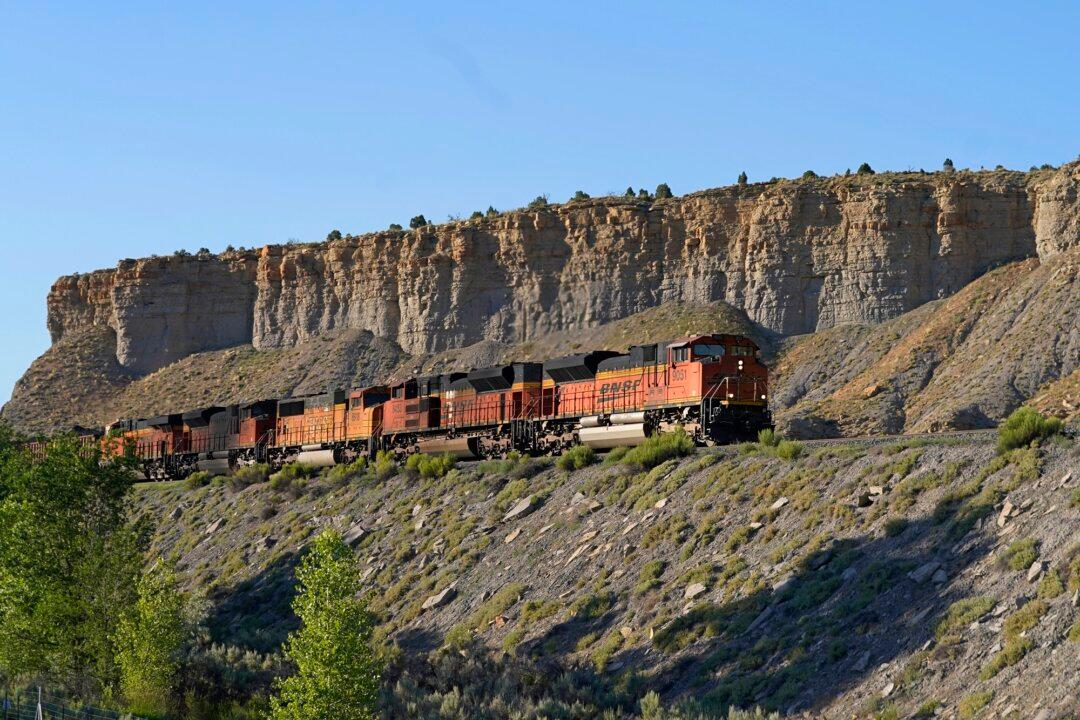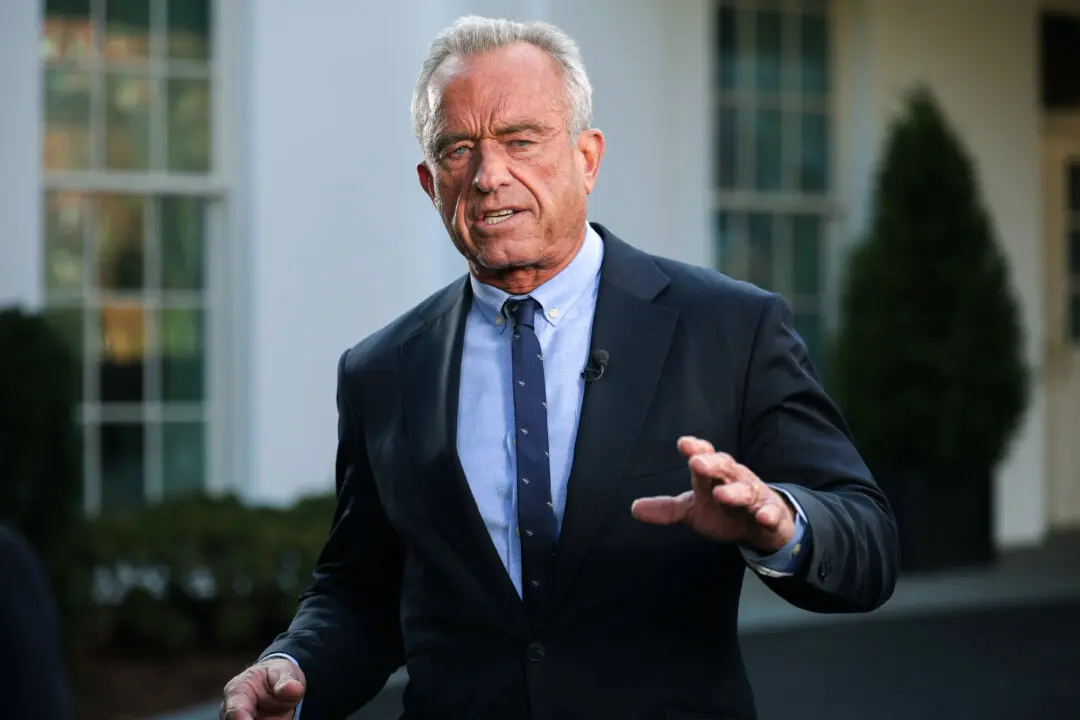The U.S. Supreme Court agreed on June 24 to review a ruling that invalidated federal approval for an 88-mile railroad in Utah, which producers want built to transport oil and gas to more markets.
Justices granted a petition for a writ of certiorari brought by Seven County Infrastructure Coalition, a coalition of counties, and the Uinta Basin Railway company. That means they'll consider whether to overturn the ruling from the U.S. Court of Appeals for the D.C. Circuit that erased the U.S. Surface Transportation Board’s approval of the project, known as the Uinta Basin Railway.





